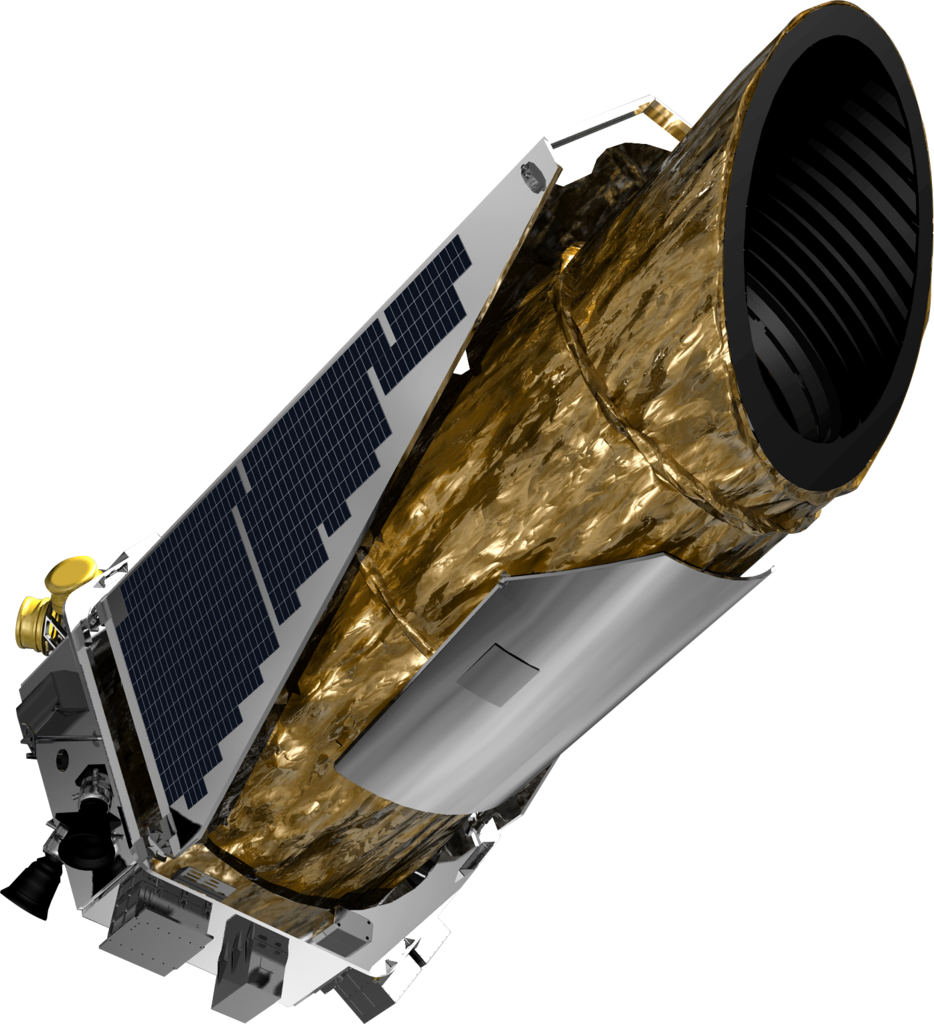



A University of Georgia research team recently demonstrated that machine learning can successfully detect the presence of an exoplanet in the gas surrounding newly-formed stars, known as protoplanetary discs. These new results are an initial step towards using machine learning to discover hidden exoplanets.
To be sure, exoplanet discovery is a very active astronomical research area. Their detection has previously been attempted using traditional methods such as Radial Velocity, Transit Method, Gravitational Microlensing, Direct Imaging, Polarimetry and Astrometry.
What are exoplanets?
Planets, as we know, orbit the sun and have enough mass to converge into a sphere. Furthermore, in their orbits, their gravitational force is significant. Exoplanets are planets that do not belong to our Solar System. Their mass is limited to 13 Jupiter masses and they are typically not dwarf planets.
The Kepler Space Telescope is quite capable of discovering exoplanets. Researchers have found over 3,000 exoplanets using NASA satellites, including three this year that could support life (even possibly be home to us humans in the future). Furthermore, Google's AI discovered two new exoplanets last year.
 Illustration of Kepler Space Telescope (By NASA via Wikimedia Commons)
Illustration of Kepler Space Telescope (By NASA via Wikimedia Commons)
The universe of astronomy is vast and profound. Investigating what is beyond Earth and discovering celestial bodies in space is one of the most significant human interests. Astronomers and scholars have spent many years observing the night sky and the movement of planets and stars to identify individual stars, galaxies, and planets. Physicists and astronomers study stars and galaxies, but exoplanet identification has captivated scholars and the public imagination because of the hope of finding extraterrestrial life or habitable conditions.
How is AI used in exoplanet discovery?
Astronomers, experts, scientists, and physicists have always been interested in how to find exoplanets. In the past, the same thing was done differently. But as artificial intelligence has improved in the last few years, this has become a problem with machine learning that goes beyond physics and planetary science. In the past few years, scientists have used several machine learning methods to determine how likely they are to find an exoplanet.
Exoplanets we know about
Exoplanets identified in the previous few decades include:
- Kepler-186f,
- Kepler16b,
- CoRoT 7b, and
- Kepler 22b.
For decades, exoplanetary research has relied on telescopes such as the
- Kepler Space Telescope,
- Hubble Space Telescope,
- CoRoT satellite,
- Transiting Exoplanet Survey Satellite (TESS),
- NASA Spitzer Space Telescope, and others.
Exoplanet discovery methods
Astronomers and scientists have attempted to identify exoplanets using traditional methods such as:
- Radial velocity analyses the Doppler shift effect in the host star caused by an exoplanet's mutual gravity.
- The transit method creates a transit when an exoplanet passes between the observer and its host star, which may be studied using light curves.
- Gravitational Microlensing occurs when enormous objects distort the change in the direction of light, resulting in a gravitational lensing effect on the star's brightness.
- Direct imaging is a technique that involves spatially resolving the exoplanet and its host star to capture photographs from exoplanets.
- Polarimetry studies how light reflected off a planet's atmosphere interacts with atmospheric molecules, causing the atmosphere to become polarized.
- Astrometry is a way of measuring the position of a star and observing how it changes over time.
More approaches used by the scientists
The American Astronomical Society proposed a point spread function (PSF) model for exoplanet identification utilizing WFIRST Diffraction Spikes in 2018.
French researchers developed another method for detecting exoplanets using Direct Imaging.
Harvard University conducted a study on the identification of exoplanets using artificial intelligence. For this, a deep learning methodology has been developed.
Oxford University proposed four machine-learning algorithms for detecting exoplanet transit in 2018.
Conclusion
The recently released discoveries are a first step towards employing machine learning to find previously unknown exoplanets. According to Terry, the models predicted the possibility of a planet, as evidenced by many photos that highlighted a specific section of the disc that turned out to be the typical sign of a planet - an unexpected deviation in the velocity of the gas surrounding the planet.
Moreover, the discovery demonstrates how machine learning can improve scientists' jobs by utilizing artificial intelligence as an additional tool to increase researchers' accuracy and more efficiently economize their time when engaged in such a massive endeavour as investigating deep outer space. Furthermore, the algorithms detected a signal in previously analyzed data; they discovered something previously undiscovered.
Discover the latest Business News, Sensex, and Nifty updates. Obtain Personal Finance insights, tax queries, and expert opinions on Moneycontrol or download the Moneycontrol App to stay updated!
Find the best of Al News in one place, specially curated for you every weekend.
Stay on top of the latest tech trends and biggest startup news.